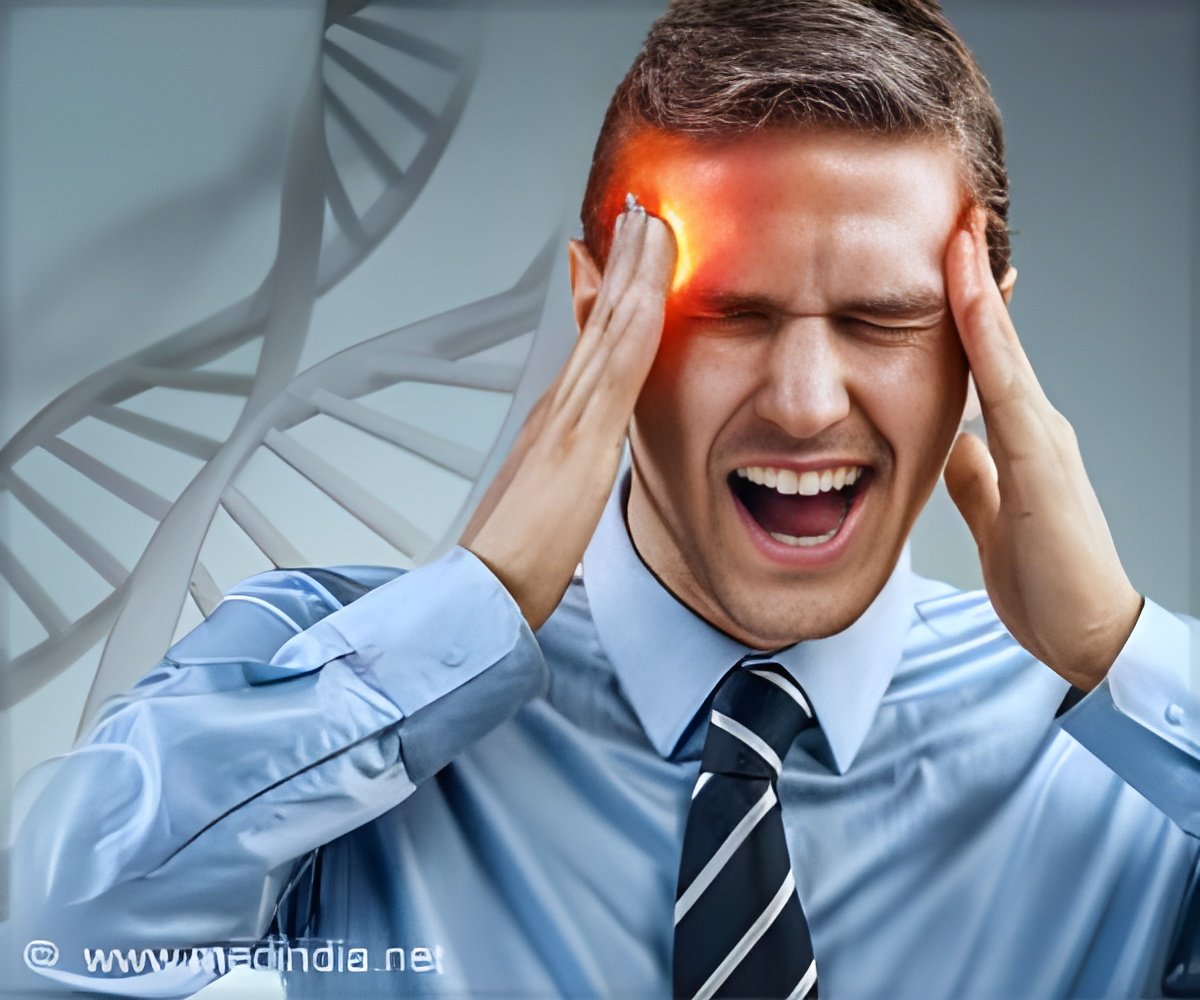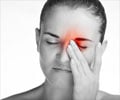World brain day 2019 focuses on raising awareness for the most common brain disease in the world - migraine.

‘Avoiding the triggering factors and using preventive migraine drugs can help reduce the frequency of migraine attacks.’





The theme this year aims at bringing migraine - considered as the most prevalent illness in the world out of the shadows for creating awareness about the widespread impact of the disease, and focus on the gaps in its treatment and awareness. This year World Brain Day is taking to social media to ask people around the globe to share their painful truth about migraine using the following hashtags #worldbrainday, #thepainfultruth. Key Messages about Migraine Addressed at 2019 World Brain Day
Prevalence: Migraine is the most common brain disease in the world, affects 1 in 7 people globally
Disability: Migraine severely impacts every aspect of an individual life
Education: Migraine is under-recognized, under-diagnosed and under-treated
Standard of care: Together we can ensure those affected by migraine receive the care they need
Research: Migraine receives less research funding when compared with other world’s most burdensome diseases.
What is Migraine?
Migraine is a chronic disorder characterized by headache, and nausea, vomiting or sensitivity to light and sound. Migraine tends to run in families. About 90% of migraine sufferers have a family history of migraine. The most commonly reported migraine trigger factors include dehydration, hunger, stress, depression, anxiety, sleep problems, certain odors, and excessive noise.
Advertisement
Treatment with analgesics (to relieve pain) and anti-emetics (to relieve nausea or vomiting) can help relieve symptoms during a migraine attack. Treatments to relieve stress can also be helpful to prevent migraine. Botox, is another method of treatment that inhibits pain in chronic migraine by suppressing the nerve cells in the trigeminovascular system, which plays a key role in the headache phase of a migraine attack.
Advertisement
3rd most prevalent illness in the world
Migraine affects 6% of American men, 18% of women, and 10% of children
25% of migraine sufferers have an aura, a visual disturbance which lasts less than an hour.
Medication overuse: Common reason why migraine turns chronic
Most prevalent between the ages of 18 and 44
Source-Medindia















